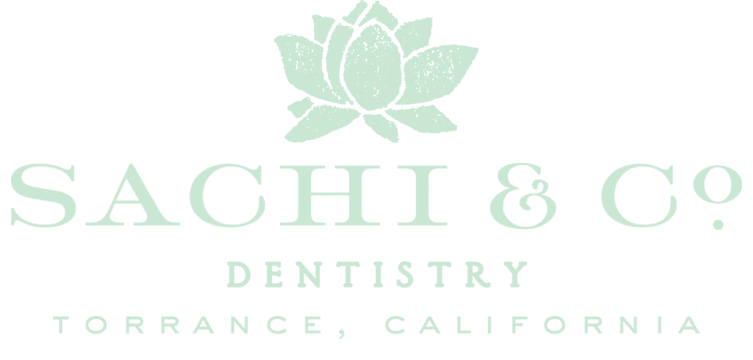Do you worry about having bad breath? It’s a common concern, even if you have no reason to think that bad breath is a problem for you. Most people who have bad breath are completely unaware. Or perhaps a well-meaning spouse or friend has brought it to your attention. Whatever the reason, if you’re looking for solutions, consider these 7 ways to banish bad breath for good.
- Brush Your Teeth Twice a Day.
The first step in banishing bad breath is keeping your mouth clean. By brushing your teeth twice a day you remove most of the plaque that builds up on your teeth. Plaque is a sticky film made up of food residue and bacteria that releases an odor. The more plaque in your mouth, the stronger the odor.
- Floss Once a Day.
Plaque also builds up between your teeth. Flossing once a day removes plaque from the spaces between your teeth and along the gums. It also helps make the gum tissue stronger and more resistant to infection, such as gum disease. Gum disease is a leading cause of bad breath.
- Go To the Dentist Twice a Year.
Even if you brush twice a day and floss once a day, some plaque will still remain on your teeth, especially in hard to reach places. Going to the dentist every 6 months allows for a professional cleaning that removes plaque that builds up on the teeth over time. Regular oral evaluations can detect gum disease in the early stages so that it can be more easily treated, preventing bad breath.
- Use Mouthwash.
There are a wide variety of mouthwashes on the market and some that are available at your dentist’s office. Ask your dentist for a recommendation on a mouthwash that will help keep your breath fresh.
- Clean Your Tongue.
Your tongue is covered in bumps and may have creases in the tissue, making it particularly susceptible to bacteria buildup. You can brush your tongue with your toothbrush when you brush your teeth, or use a tongue scraper.
- Drink More Water.
Keeping your mouth moist and your body hydrated, especially with water, can reduce bacteria levels in your mouth. When you are well hydrated your body will produce more saliva, which naturally rinses your teeth and mouth to prevent plaque from clinging.
- Consider Your Medications.
There are a variety of medications that can contribute to bad breath. Some cause dry mouth, which results in increased levels of bacteria. Others, such as antihistamines (allergy medication) are associated with a musty or mothball-like odor. You can consider switching medications, or use the above methods to keep your breath fresh. Drinking water and using mouthwash are typically the most effective options in this case.
Frequently Asked Questions About Bad Breath
What is halitosis?
Halitosis is the clinical term for chronic bad breath. This is when bad breath persists, not just temporary bad breath due to eating onions or garlic. The bacteria in your mouth produce sulfur when breaking down proteins, which causes halitosis.
Do dentures and other dental prosthetics cause bad breath?
Just like your teeth, plaque can build up on and under dentures and dental prosthetics such as bridges, resulting in bad breath. This can also occur with retainers and mouthguards. If you keep them clean it will control odors.
Learn More From Sachi & Co. Dentistry
Are you struggling with bad breath? Sachi & Co. Dentistry provides solutions that will improve your oral health and freshen your breath at the same time. We believe in the connection between oral health and overall wellness and strive to do our part to improve your general health through comprehensive dental care.
Call 310-530-9893 or contact us today to learn more and schedule an appointment.


